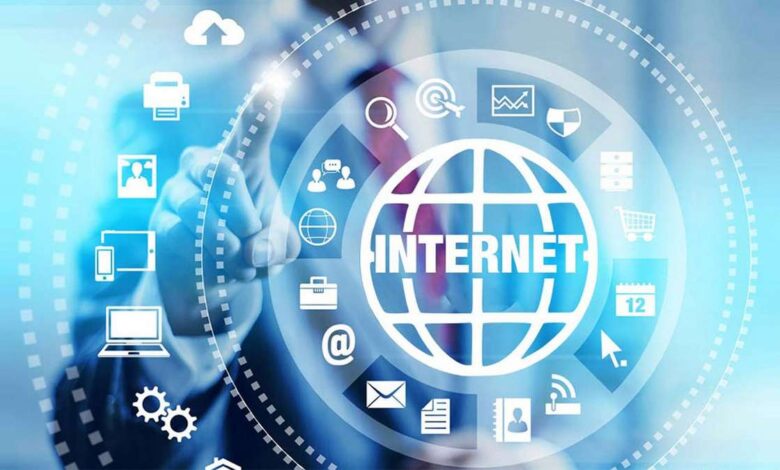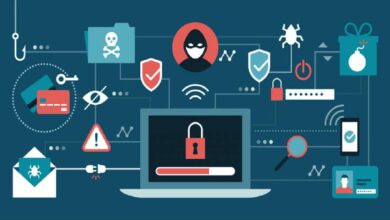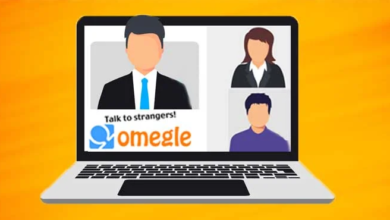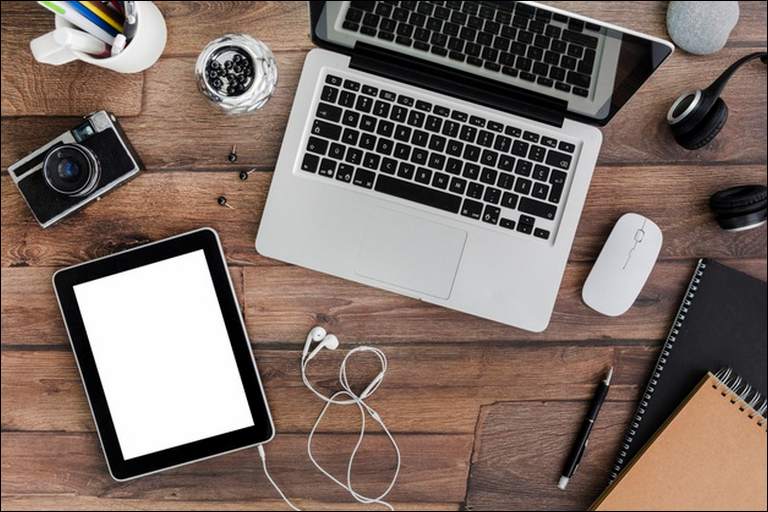
Most people are now aware of the need to stay safe online, but many do not realize the full extent of the threat. The internet is full of scammers and hackers who are looking to steal your personal information or infect your computer with malware. It is important to take steps to protect yourself online, such as using a strong password for your TonyBet Login, keeping your software up to date, and avoiding clicking on links from unknown sources.
The same applies to children. As the internet becomes more and more a part of everyday life, it’s important for kids to know how to stay safe online. Just like in the real world, there are people online who might try to hurt or scam others, and there are also places online where it’s important to be cautious.
How To Keep Kids Safe Online
- Never give out personal information, such as your name, address, or phone number, to people you don’t know.
- If you’re chatting with someone online, don’t agree to meet them in person unless you’re sure they’re safe.
- Don’t open emails or files from people you don’t know, as they may contain viruses or malware.
- Be careful about what you post online, as anything you put out there can be seen by anyone.
- If you see something online that makes you feel uncomfortable, tell a grown-up.
How Adults Can Be Safe Online
- Be cautious of any emails or messages that you receive from strangers. Do not open attachments or click on links from people that you do not know. These could contain malware or viruses that could infect your computer or steal your personal information. An email encryption solution like Trustifi empowers users to fully control their email security.
- Be aware of scams that exist online. Many scammers will try to take advantage of people by promising something that is too good to be true, such as a free vacation or a winning lottery ticket. Do not provide any personal information or money to these individuals.
- Do not engage in illegal activity online. This includes downloading copyrighted material, viewing child pornography, or participating in online piracy. Not only is this activity illegal, but it can also lead to serious consequences such as fines or jail time.
Internet Security Guide
Keep Your Operating System And Software Up To Date
One of the most important things you can do to keep your computer safe is to make sure your operating system and all your software is up to date. Software updates often include security fixes that can help protect your computer from newly discovered viruses, malware, and other online threats.
Don’t Click On Suspicious Links Or Attachments
Links in emails, social media posts, and online ads can sometimes lead to malicious websites that can infect your computer with viruses or spyware. Be cautious about clicking on links, even if they come from people you know.
Likewise, be cautious about opening email attachments, even if they come from people you know. If you’re not expecting an attachment, or if it looks suspicious, don’t open it.
Install antivirus and anti-malware software
Antivirus software helps protect your computer from viruses, which can delete files, slow down your computer or even steal your personal information. Anti-malware software helps protect your computer from malware, which is software designed to secretly collect information from your computer or track your online activity.
Be Cautious About What You Download
Downloading files from the Internet can be risky. Make sure you only download files from websites that you trust and that you have antivirus and anti-malware software installed to help protect your computer.
Use Secure Websites For Online Transactions
When you’re shopping or banking online, make sure the website is using encryption to help protect your information. You can usually tell if a website is secure if the URL starts with https:// (the “s” stands for “secure”) and you see a padlock icon.
Be careful About What You Post Online
Think before you post. Once you post something online, it can be difficult to remove it. Even if you delete the post, someone may have copied it or taken a screenshot. Be especially careful about posting information that could be used to steal your identity, such as your birthday, address, or mother’s maiden name.



